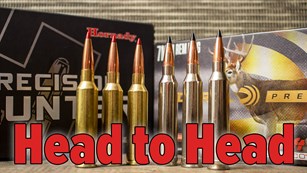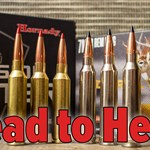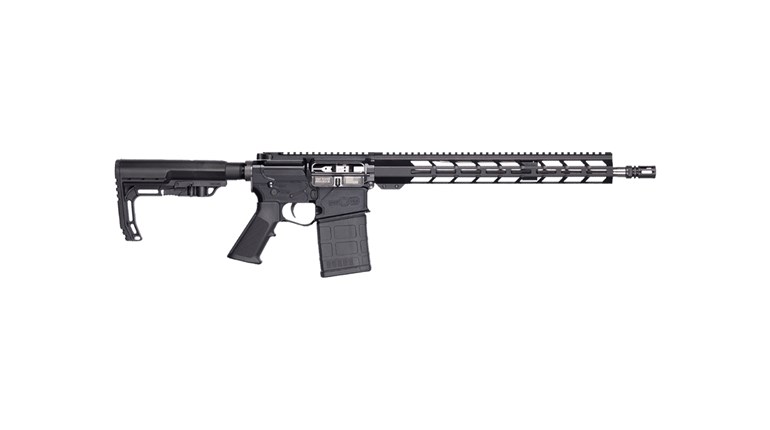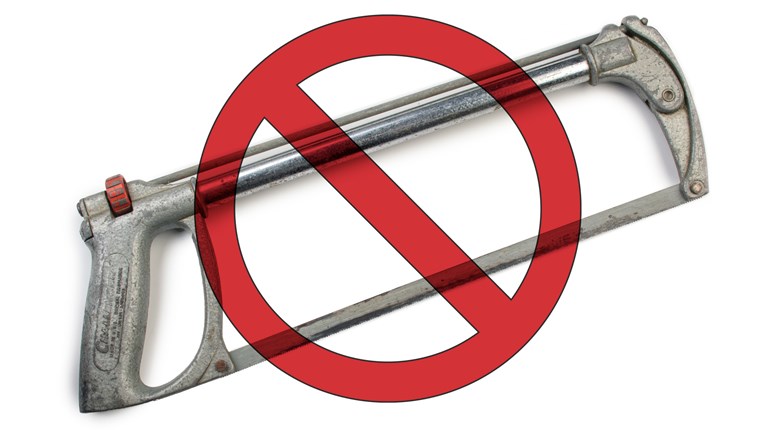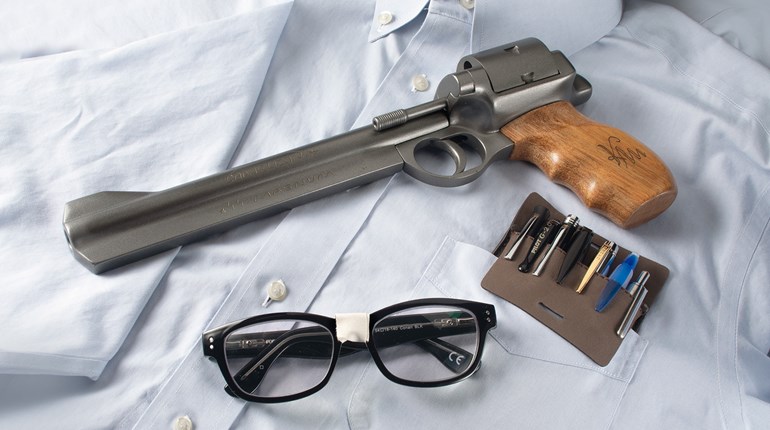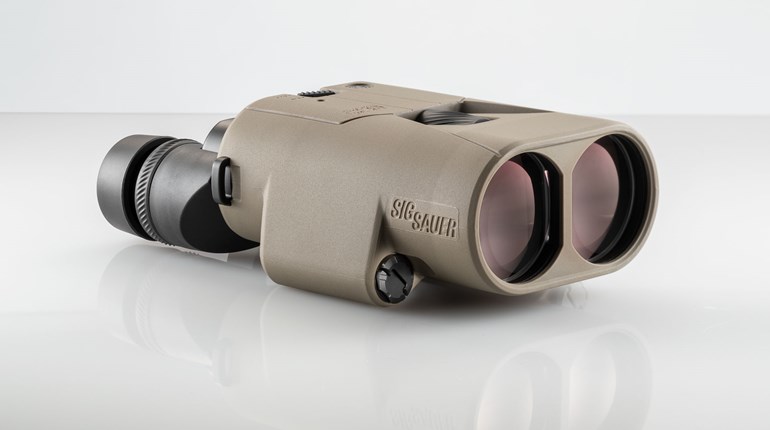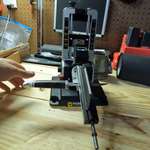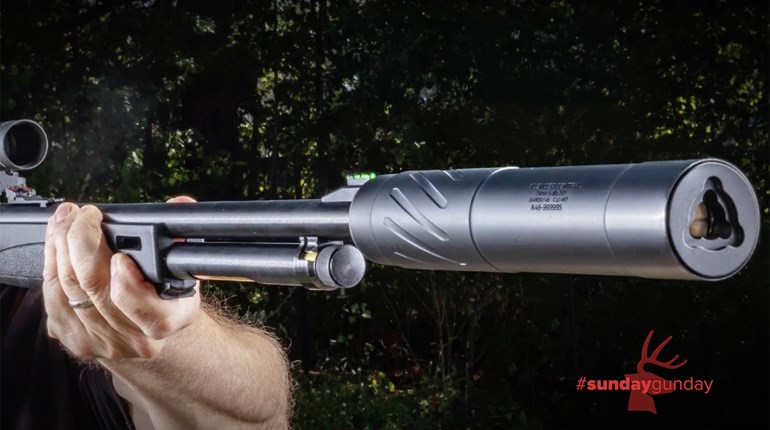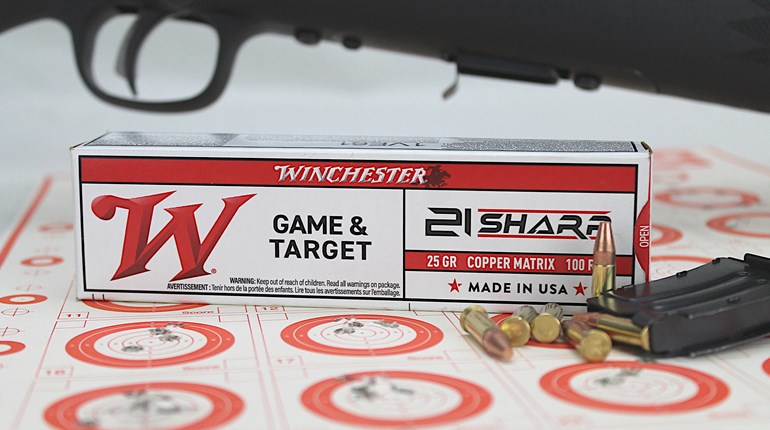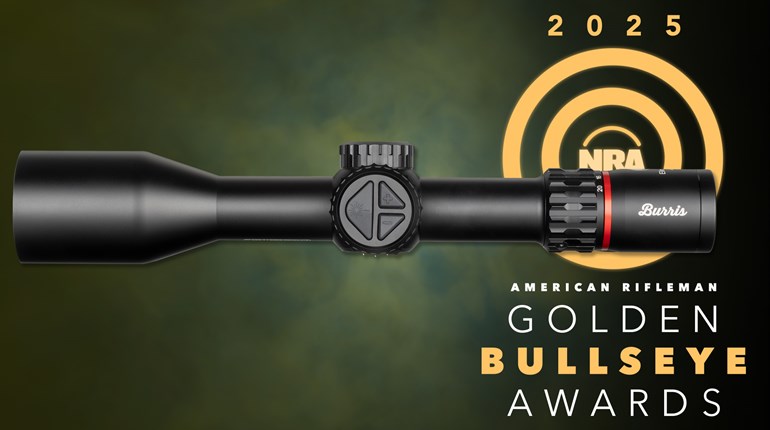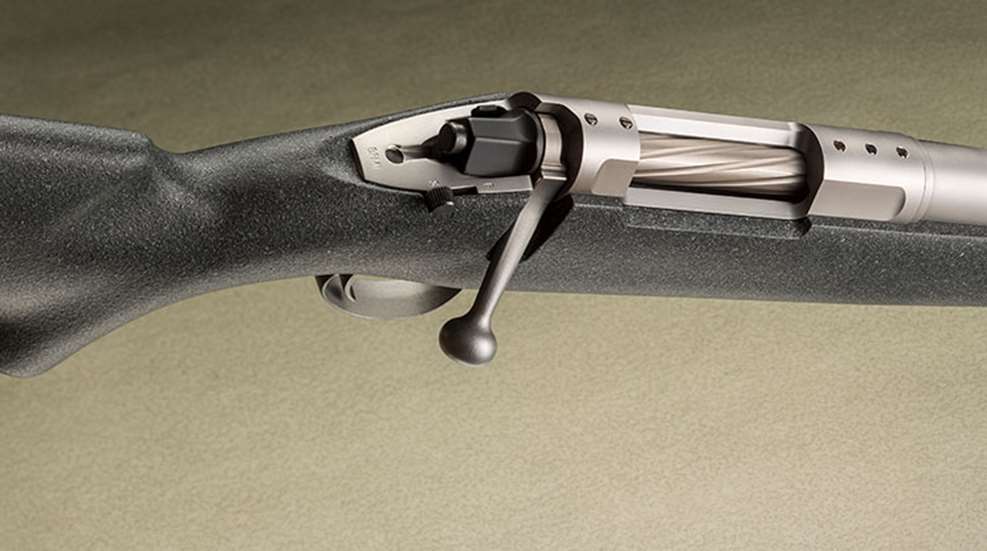
Even when it’s something you love, after 35 years of doing the same thing for a living it’s impossible not to become a little jaded. When the new Barrett Fieldcraft arrived for review I expected just another nice rifle, one of hundreds I have tested over the years. It’s not often I am surprised when I hold a rifle for the first time, but I am a sucker for lightweight hunting guns and this one brought a smile to my cynical face. The rifle’s ergonomics are great, and the Fieldcraft has that certain, undefinable “something” that gun guys recognize instantly.

But does it perform? So many times I have fallen for love at first sight only to have it lead to disappointment at the shooting range.
First, a bit of backstory: Many shooters know about Melvin Forbes and his New Ultra Light Arms rifle company. Melvin is a genuinely nice guy who created the concept of ultra-light rifles a long time ago. As I understand it, the Forbes Rifle Company was an attempt to mass-produce Melvin’s rifle design at an affordable price while using his name. It didn’t work out for whatever reason. Barrett bought the ashes, and from them has risen the Fieldcraft rifle.
The Fieldcraft starts with a Barrett-made button-rifled barrel. If you want the muzzle threaded for a suppressor or brake, that’s an option (currently in short action only). The 21-inch barrel on the .308 Win. rifle I tested measures a thin .550 inch at the muzzle and 1.065 inches in front of the recoil lug. (Barrels with threaded muzzles are 18 inches long and have a step toward the front to accommodate the 5/8-24 threading.)
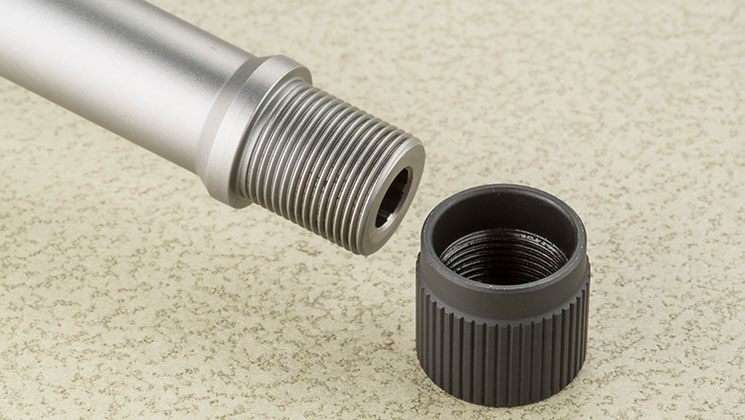
The muzzle has a traditional crown with a tapered outside radius and a 45-degree bevel in the bore. Barrett says the chamber throat is cut to a proprietary design to reduce bullet jump and improve accuracy.
To reduce weight, the Fieldcraft’s petite action is scaled to the class of cartridges it chambers. While many other rifle actions are one size fits all in terms of diameter—usually meaning they are sized to accept magnum cartridges—the Fieldcraft’s action is scaled to the smaller diameter of a .30-06 Sprg. case. Both sides of the receiver are milled flat to further shave weight. It gives the rifle a modern look and also makes a great place for Barrett to engrave its logo.
The top of the receiver has five linear drilled-and-tapped mounting holes, two behind the action port and three in front. Most hunters will want to mount a compact scope on this little rifle; short scope tubes typically have a reduced mounting area, which can make it difficult to correctly position the scope in the rings for proper eye relief. The three holes in the front of the Fieldcraft’s receiver address this issue by providing two positions for the front scope mount. The mount can also be reversed for more options. Barrett offers lightweight Talley mounts for the rifle, which is drilled and tapped for the stronger No. 8 screws rather than the traditional No. 6.
Measuring .585 inch in diameter just behind its two-lug head, the spiral-fluted bolt is a skinny little thing. The extractor is a scaled-down Sako-style design with a wide, strong claw that grips the case well. A spring-loaded plunger in the face of the bolt serves as the ejector.
The bolt handle fits into a T-groove on the buttress that wraps around the bolt and holds it against camming force as the bolt is cocked on opening. This buttress is usually integral to the bolt handle, and soldered or welded into place. In the Fieldcraft, the buttress is part of the bolt body and machined from the same piece of stainless steel. A slot milled into the buttress accepts the bolt handle, which is pinned in place. I am sure that in today’s CNC world of manufacturing this is faster and less expensive than soldering or welding. It eliminates any chance of corrosion weakening the weld or solder joint, which can be a problem with the traditional way of fitting handles to bolts. While the bolt is stainless steel, the shroud is black anodized aluminum. The cocking piece is casehardened and Parkerized carbon steel.
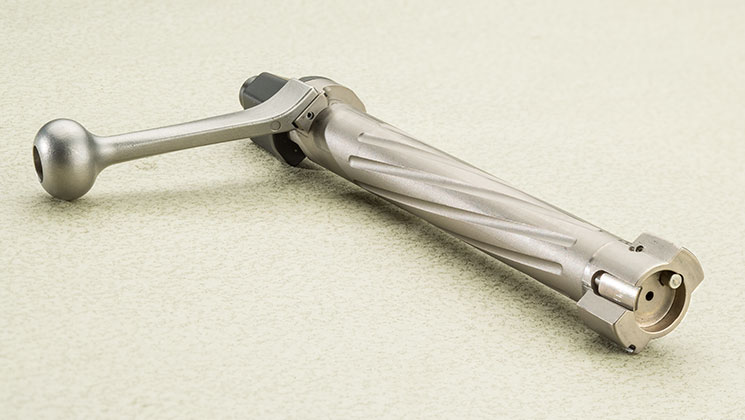
Barrett equips the Fieldcraft with a Timney trigger; the one in my sample rifle broke nicely at 2.75 pounds. The aluminum trigger guard is treated with Cerakote to match the matte finish of the barreled action. Since the two-position safety does not lock the bolt, the rifle can be loaded and unloaded with the safety on. The blind internal box magazine has a plastic follower and holds four rounds. Given a chance, I would add a drop floorplate, a metal follower and a safety that locks the bolt closed. These are personal preferences, of course, and I can’t find anything else about this rifle I would change.
The Fieldcraft’s hand-laid carbon-fiber stock has a charcoal-gray finish with a pebbly texture. Each barreled action is individually and fully bedded to its stock from tang to fore-end tip to reduce barrel harmonics and increase stock rigidity. Barrett uses aluminum pillars in the bedding system to prevent crushing under action-screw pressure. The stock has a small cheekpiece, along with sling swivels and a Pachmayr Decelerator recoil pad.
The first time I shot the Fieldcraft I was gathering data on the new Federal Premium Edge TLR ammo. I needed a lightweight .308 Win. rifle, and this one was available. While the ammo chambered a bit stiffly, I was pleased to see the average size of three-shot, 100-yard groups was less than an inch. Barrett says it designed the Fieldcraft for heavy hunting-style bullets to perform best and guarantees sub-MOA accuracy with select ammo. My sample rifle seems to have preferences for ammo, and clearly the gun is capable of excellent accuracy with the loads it likes.
The Fieldcraft is a sweet little rifle for a mountain hunt for sheep, goats or elk, where sometimes even your boot laces are too heavy. It would be great for tracking whitetails or for any kind of hunting on the move. And there is no law that you can’t use a light rifle from a deer stand.
Technical Specifications
• Type: bolt-action centerfire rifle
• Caliber: .22-250 Rem., .243 Win., 6.5 Creedmoor, 7mm-08 Rem., .308 Win. (tested), .25-06 Rem., 6.5x55mm Swedish, .270 Win., .30-06 Sprg.
• Barrel: 21″; 416 stainless steel; No. 0 contour; button rifling; 1:10″ RH twist
• Magazine: blind internal box; 4-rnd. capacity
• Trigger: single-stage Timney; 2.75-lb. pull weight
• Safety: two-position toggle
• Sights: none; receiver drilled and tapped for scope mounts
• Stock: straight-comb w/cheekpiece; hand-laid carbon-fiber; charcoal-gray finish; LOP 13.5″
• Metal Finish: matte stainless; anodized black bolt shroud; Cerakote on trigger guard
• Overall Length: 40.75″
• Weight: 5 lbs.
• MSRP: $1,799; barrett.net







